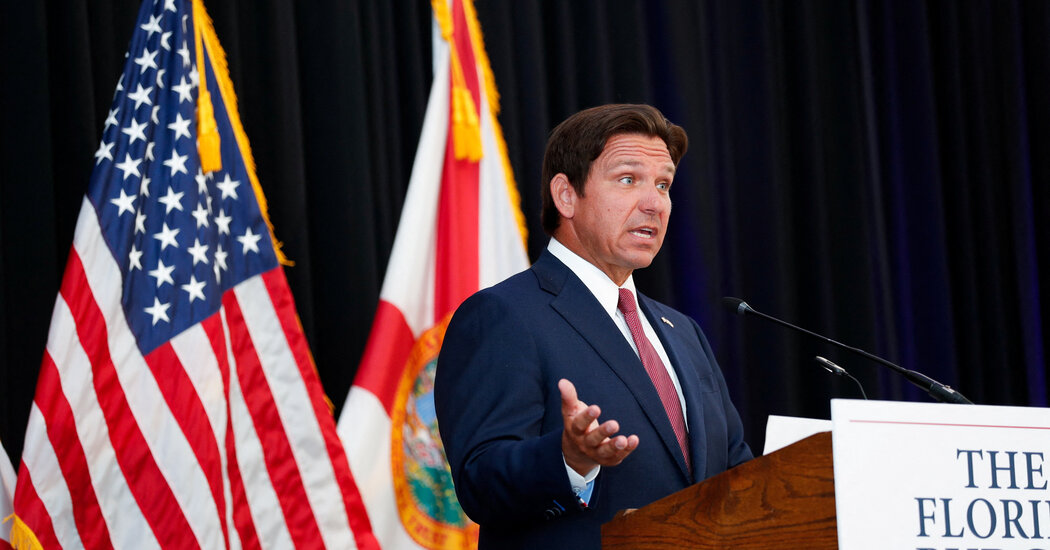- cross-posted to:
- [email protected]
- cross-posted to:
- [email protected]
Gov. Ron DeSantis gave no explanation for zeroing out the $32 million in grants that were approved by state lawmakers.
…
Leaders of arts organizations in Florida, many of whom have worked in the state for decades, cannot remember a governor ever eliminating all of their grant funding. Even in the lean years of the Great Recession, at least a nominal amount — say, 5 percent of the recommended total — was approved.
Established arts organizations usually know better than to overly rely on nonrecurring state dollars subject to the discretion of politicians, said Michael Tomor, executive director of the Tampa Museum of Art. But to cut funding at a time when arts organizations are still struggling to recover from the coronavirus pandemic sends a concerning message “that taxpayer dollars should not be used in support of arts and culture,” he added.
…
Mr. DeSantis, a Republican, gave no explanation for zeroing out the arts grants. His office said in a statement that he made veto decisions “that are in the best interests of the State of Florida.”
In all, Mr. DeSantis vetoed nearly $950 million in proposed spending and proclaimed that the remaining $116.5 billion came in under the previous year’s budget.



A short boost from tax breaks to convince rich people to move there doesn’t make the place financially successful or livable. It just looks better for a bit.
The category is a bit wider than that, but yes, low taxes seem to contribute.
https://www.richstatespoorstates.org/states/FL/
Edit:
Did a little digging after some flaws have been pointed out by @Silentia below. This source is not neutral.
https://ballotpedia.org/ALEC_Rich_States,_Poor_States_Report
It’s more than half though. It really is very heavily implied here that taxes are the main way you can tell an economy is doing well.
How the state taxes you:
Vs how the money is spent:
Also, the higher the minimum wage, the lower the ranking.
Did some digging, you are spot on. Please see my edit of the original post.
deleted by creator
I’m assuming that’s the Laffer behind “the Laffer curve,” AKA the unscientific bullshit “graph” he drew on a cocktail napkin that would essentially become the basis for supply-side economics AKA “trickle down.”
That Laffer?
Because ruining the US economy and setting us on a 3+ decade ride towards record (and frankly inhumane) income inequality once just wasn’t enough I guess.
Fucking ghouls.